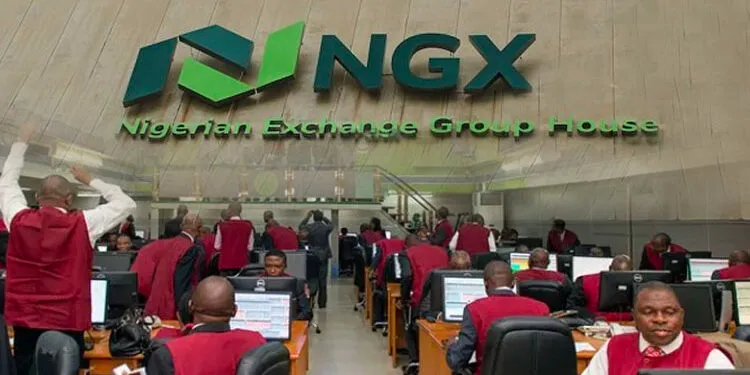Credit penetration in Nigeria has increased to 14%, owing largely to the work of CRC Credit Bureau Limited, Nigeria’s leading credit bureau provider.
Despite increased penetration, it remains lower than predicted globally.
This was disclosed by the Group Managing Director/CEO of CRC Credit Bureau Limited, Dr. Tunde Popoola on Wednesday during the Company’s CRC Finance and Credit Conference 2024 themed Sustainable Financing Options: Innovations in Credit Risk Management, in Lagos, according to The Punch.
Popoola said that Nigeria’s credit penetration has significantly improved during the last 15 years.
In addition, he stated that just 33 million Nigerians had their credit ratings on the CRC Credit Bureau Limited database and that a significant amount of effort is required to bring more Nigerians on board to access credit.
He noted “33 million Nigerians have credit scores. 29.4 million searches were conducted in 2023. More than 10 million searches have been conducted in Q1, 2024. CRC has moved from one product in 2010 to 18, cutting across all value chains of lending.”
Popoola also disclosed that CRC Bureau Limited and the country’s numerous regulators, particularly the Central Bank of Nigeria, were making reasonable headway despite the tremendous hurdles of easing credit access.
“Today so many millions of Nigerians get loans on their phones and lenders rely on CRC to lend. The Credit Reporting Act signed in 2017 by the Buhari regime to back credit reporting and the backing of the CBN have boosted credit penetration over the years,” he said.
In his speech on how far CRC Credit Bureau Limited has gone Popoola said, “15 years ago, this company received a licence from the CBN to operate. Specifically, in January 2010, CRC was launched. Our business is to ease access to credit in Nigeria. Credit report was the initial product launched but many more products have come on board since then, however, a few organisations/banks are using them.”
Meanwhile, the the Chairman of CRC Board of Directors, Joel Owoade complained that the current economic changes in the country have harmed the profitability of enterprises in Nigeria, with so many of them reporting enormous losses up until Q1, 2024.
He said, “Sustainable financing is one of the ways out for the economy. Risk management is therefore a way of mitigating against bad loans for banks.”
In his remarks, the Managing Partner of Verraki, Olaniyi Yusuf, commented on ‘Artificial Intelligence Paradox: From Solution to Risk’ and believes that global inequality, not job displacements, should be the primary concern of the AI-driven fourth industrial revolution.
He noted “Rather than have a net job loss, more jobs are expected to be generated in the AI-driven industrial revolution. Nigeria needs the regulatory framework to benefit from AI. Regulations are important but must not stifle it. It should not become another IGR source. Right infrastructures must be provided. There will be failures but that should motivate AI start-ups to navigate and get better.”
The acting Director of the Banking Supervision Department, CBN, Dr Adetona Adedeji, in a presentation, stated, “At 14 per cent credit penetration our economy still has a long way to go. It’s not about granting credit, it must be sustainable, it must be revolving to sustain the economy.”
He noted it should be emphasized that the CBN has taken steps to improve sustainable credit in Nigeria, including the formation of the National Collateral Registry, Global Standing Instructions, and credit bureau approval.











